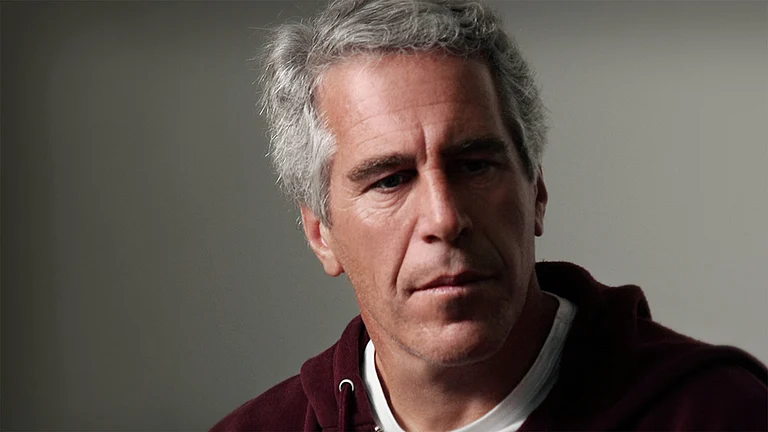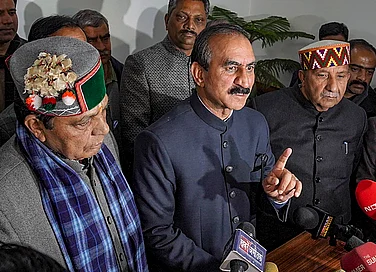- Why was the assessment for compensation by the agricultural directorate pared down by bureaucrats in Port Blair from Rs 3,534 crore to Rs 1,780 crore?
- The government-NGO coordination committee was set up 30 days after the tragedy and met on January 28 for the first time. What explains the delay in setting up the committee?
- Why did the administration fail to effectively disseminate information that fish was safe to eat? An early announcement would have ensured some support for the fishing community.
- Why was rebuilding and repair of damaged seawalls not given priority? This when the administration knew it was imperative: the level of seawater had risen 1.5 metres after the tsunami.
- Why hadn't the interim compensation of Rs 2,000 reached many families even 40 days after it was announced?


Bureaucratic red tape has also been troubling the 108 Mountain Brigade of the Indian army, which had been deployed under Brigadier J.M. Devadoss for relief operations soon after the tsunami. It quickly took on additional responsibilities to ensure that relief operations were conducted smoothly. It built a road between Malacca and Arong to improve communication facilities on the Car Nicobar island. However, when the brigade requested the local administration to lay water pipes alongside the road, it refused.
The army also managed to partially restore the electric supply grid on the island. However, with the civic administration dragging its feet, electricity was yet to be restored when the brigade was moved back into the barracks. At one point, despite its contribution during the relief operations, an official based on Katchal island even asked the army to leave.
Most feel it is imperative that New Delhi does the monitoring of relief rather than leave it to the authorities in Port Blair. Someone has to draw up a list of priorities and see that what's put on paper is made to work on the ground. Any time wasted in this regard would only be compounding the woes of a people who have already lost so much.


























